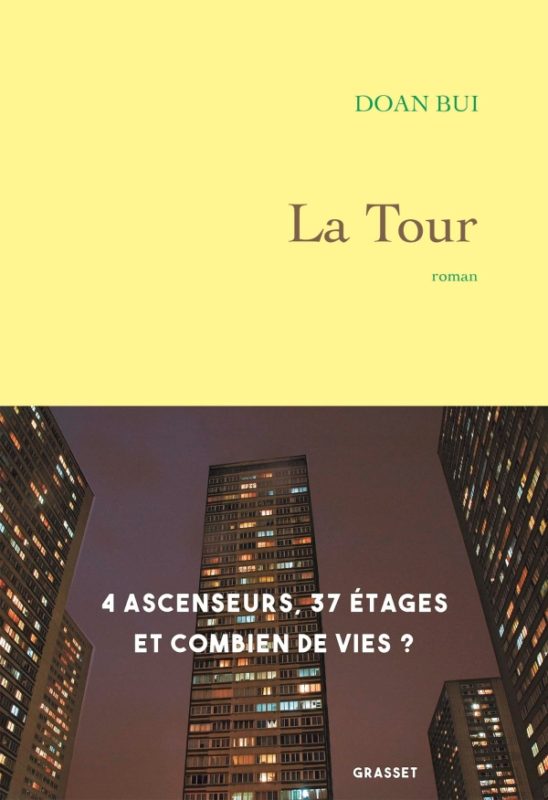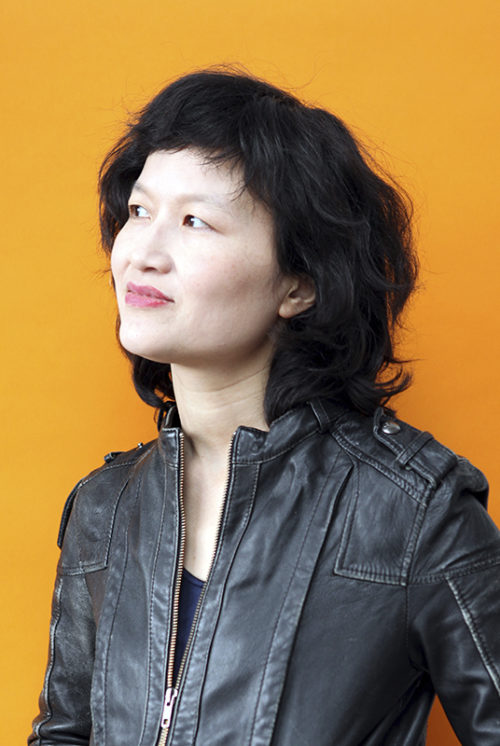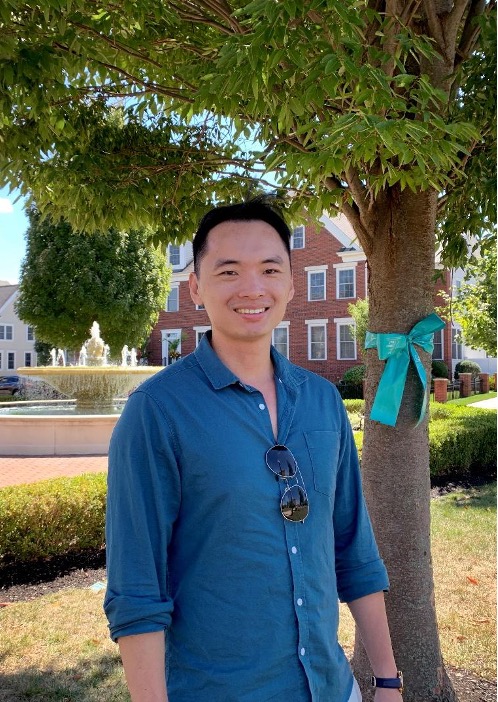
To live in a city is to be constantly surrounded by people and yet feel completely alone. Doan Bui’s La Tour is a novel of these peculiar, unsettling times that we live in. In the Melbourne tower of the Olympiades, the high-rise apartment district in Paris’s grim Chinatown, the inhabitants’ lives are partitioned into neat units. Victor Truong is a 1975 refugee who recites from memory Victor Hugo’s verses in a thick Vietnamese accent. He lives with his wife Alice whose first experience of raclette in a French home ended up in the bathroom where she politely threw up into a bag, which she later brought home to avoid offending her hosts. Clément Pasquier, born to a disgraced single mother from a noble bloodline, contemplates the degeneracy of France due to the twin evils of flagrant sexual permissiveness and the influx of immigrants. Ileana, a Romanian concert pianist, had to overcome separation from her young daughter and the hostility of Filipino and Ivorian competitors to land a job as a nanny. But it is not only the apartment residents that are compartmentalized. Virgile, a Senegalese clandestine who used to study literature at the Sorbonne, is selling sob stories to welfare claimants while also ensconced in his basement parking stall dwelling.
The Covid outbreak simply brought underlying tensions and tendencies to a head. Glued to his computer screen during this time of enforced isolation, Clément descends deeper into self-radicalization, insanity, and eventually animality. He has convinced himself that he now incarnates the pet dog of his literary hero, Michel Houellebecq, who also happens to live in the Olympiades. Clément stalks Houellebecq in the lobby of his building and charges his pet dog in a rabid fit of jealousy. This attack unleashes a chain of events that uncover the ways in which lives that hitherto seemed unrelated are actually closely intertwined.
La Tour may be set in Paris Chinatown, but Doan Bui’s intuitive portrayals of the urban condition shows just how far globalization has reached:
« Au square, les nounous étaient unanimes : ‹ Les patronnes sont toujours accrochées à leurs téléphones, elles les voient plus que leurs enfants. Nous c’est le contraire : les enfants, on ne les voit que dans les écrans de nos téléphones. ›»
“In the park, the nannies were unanimous: ‘The moms are always stuck to their phones. They look at their phones more than they look at their kids. For us it’s the reverse: we only see our own children on our phone screens.'” (all translations mine)

Our world is one where it is commonplace for immigrant mothers to leave their own children at home to look after the children of others. Nevertheless, the global flow of populations is far from being a recent development. On multiple occasions, Bui masterfully relates the consequences of grand historical developments on individual lives to demonstrate how human destiny has always been interwoven across time and space. Ileana is not a stranger to the presence of her Asian neighbors because Chinese and Vietnamese laborers have long populated the factories of fellow communist bloc countries such as her native Romania. Virgile acquired a taste for phở thanks to his Vietnamese aunt back in Dakar whom his uncle met during a deployment in Indochina among the ranks of France’s African colonial army, the Tirailleurs Sénégalais. Also inscribed in this chronicle of human movement is the most recent wave of the Vietnamese diaspora:
« La traversée avait duré des jours. La mer semblait infinie. Mais ils arrivèrent sur la terre ferme. Une île. Un camp. Là, elle avait respiré. C’était donc fini ? Elle était allée se décrasser à la citerne. Enfin, un peu d’eau douce. Elle avait enlevé sa chemise, savouré l’eau coulant sur sa peau. Un homme avait surgi. Elle l’avait reconnu, il était sur le bateau. Il l’avait saisie par les seins, elle avait senti la bouche avide, les doigts qui pénétraient en elle alors qu’elle se débattait. Elle avait réussi à s’échapper. Elle n’avait rien dit à Victor. Elle savait qu’il en deviendrait fou, qu’il chercherait le type, que la situation dégénèrerait, qu’il risquerait sa vie, deux hommes s’étaient déjà entretués sur le bateau, c’était ainsi, la misère et la peur les rendaient fous et violents, alors elle avait enfoui la honte au plus profonde d’elle-même. »
“The voyage had lasted for days. The sea seemed never-ending. But they arrived on dry land. An island. A camp. Here, she finally breathed. So was it over? She had gone to clean herself in the tank. Finally, some clean water. She had taken off her shirt and savored the flowing water on her skin. A man appeared. She recognized him: he was on the boat. He seized her by the chest, she felt the voracious mouth, the fingers that penetrated her while she protested. She managed to escape. She didn’t say anything to Victor. She knew that he would go mad with rage, that he’d confront the guy, that the situation would escalate, that he would risk his life: two men had already killed each other on the boat, that’s how it is, misery and fear made them insane and violent, so she hid the shame deep within herself.”
The real trauma of displacement lies in the impossible trade-offs: in this case, between the loss of one’s dignity and the life of a loved one.
Bui’s prose style is as varied as it is compelling, alternating between multiple registers and voices: poignant, hopeful, humorous, sardonic, and wistful. The individual chapters are often more akin to standalone character portraits than constitutive blocks of a coherent narrative. Granted that the non-linear and polyvocal structure of the plot is meant to evoke the self-contained units of an apartment building, the reader might be left anticipating a more cohesive storyline that ties up its various strands by the conclusion. But as far as social critique and psychological portrayal go, the author’s point could not have been put across more beautifully.
La Tour
Doan Bui
Grasset, $17.00

Ainan Liu is a third year PhD student in the Princeton French Department. His research focus lies in early modern theater studies. As a native of Singapore, Ainan is also interested in themes such as cultural identity and language politics in Southeast Asian literature.


